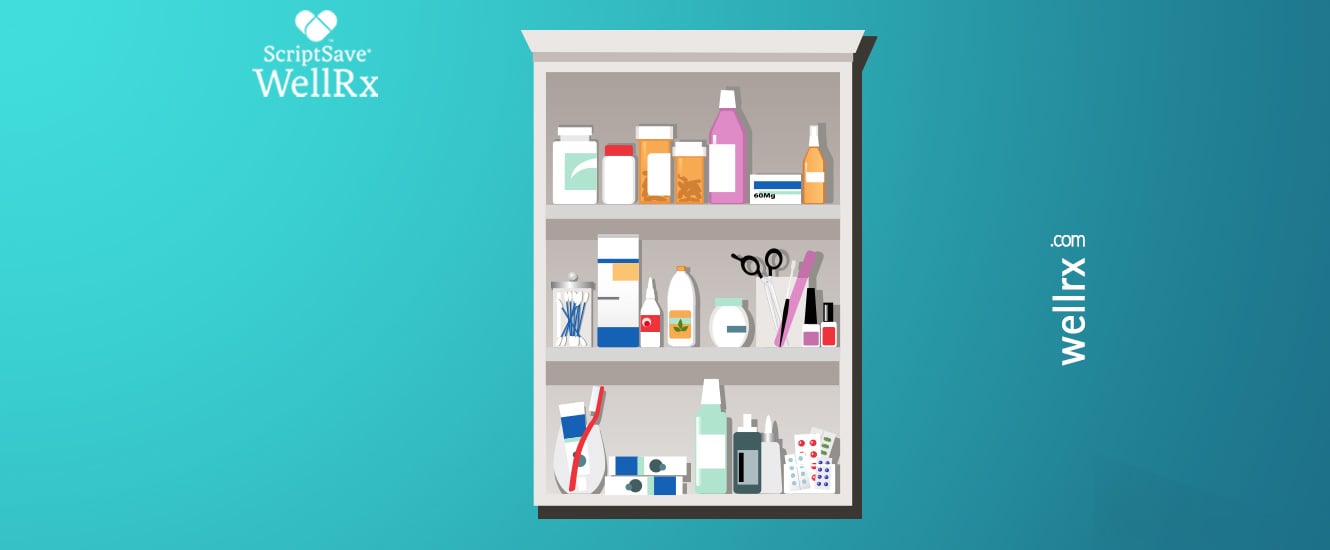There are a number of mental conditions that shape mood and behavior. Any condition that affects a person’s thinking, feeling or mood, falls into a medical classification of Behavioral Health. Such conditions may affect someone’s ability to relate to others, or maintain reasonable function every day. Each person may have different experiences, even if they have the same diagnosis as someone else.
Depression is the most common behavioral health condition in the general population1. Without treatment, depression can lead to decreased quality of life2, increased suicidal thoughts, and overall worsened health outcomes. The most common method of treating depression is to target serotonin and how the body uses it. Serotonin regulates mood and ultimately is what makes you feel happy. When we have low serotonin levels, you can feel depressed or anxious. Antidepressants each have their own unique mechanism of action that are specific to certain neurotransmitters in the brain.
Anxiety can affect our ability to function due to excessive worry. Without treatment, anxiety can also lead to a worsened quality of life and can even be debilitating for some patients3. Anxiolytics are the medication class used to treat anxiety. The most common method of treating anxiety is to target serotonin and/or norepinephrine. Norepinephrine is responsible for motor action, cognition, the body’s alert system, and feeling energetic. When we have low norepinephrine, it is harder to cope with every day stressors and things that are beyond our control.
How do these medications work?
These medications are often classified as reuptake inhibitors. They target the neurotransmitters serotonin and norepinephrine, to name a few. Medications prevent the body from recycling these neurotransmitters. By preventing them from being recycled too soon, it allows the body a better chance to use them to improve mood and/or relieve anxiety.
What can you do to make them work better for you?
We know that the body needs certain building blocks to make serotonin and norepinephrine. An important concept to remember is that no matter how many medications are prescribes to treat these conditions, they don’t stand a chance at being effective without the right precursors; an interesting concept in today’s world. The majority with these conditions take more than one medication.
Step 1: What is your protein source?
The greatest building blocks for serotonin are things that you might already have in your kitchen.
Complete proteins are the main precursor for tryptophan, which is later turned into serotonin. You might think that tryptophan only comes from turkey on Thanksgiving, but did you know that you can also get it from eating beef, venison, buffalo, pork, fish, shellfish, cheese, cottage cheese, milk, yogurt, and eggs?
The building blocks for norepinephrine are also found in your kitchen.
In addition to eating complete proteins, it’s also important to eat incomplete proteins as well. You can find these in nuts, grains, beans, legumes, and soy.
Step 2: What else is included on your meal plan?
When we think about serotonin building blocks, key vitamins play an important role as well.
- Vitamin B6. Great nutritional sources of this vitamin are found in whole grains, vegetables, and nuts.
- Vitamin B12. This vitamin is found in meats, fish, liver, and milk.
- Folic acid and Vitamin D3 are often found in fortified foods.
- Omega-3 Fatty Acids are found in fish, dairy, and grains.
Step 3: Don’t forget about your supplements and vitamins.
Over-the-counter supplements can help you fulfill your dietary need of the vitamins mentioned above. But, there is a caveat. Did you know that you can actually take “too much” of a vitamin? When in doubt always review your supplements and medications with your pharmacist for safe use.
As a patient, take comfort knowing that you can control how well your medications work for you. You are the rate limiting factor in the equation. These simple modifications can make a world of difference with managing depression and anxiety. After all, the best investment you’ll ever make is in yourself.
References:
- Kessler RC, Ormel J, Petukhova M, et al. Development of lifetime comorbidity in the World Health Organization world mental health surveys. Arch Gen Psychiatry 2011; 68:90.
- Daly EJ, Trivedi MH, Wisniewski SR, et al. Health-related quality of life in depression: a STAR*D report. Ann Clin Psychiatry 2010; 22:43.
- Kessler RC, Chiu WT, Demler O, et al. Prevalence, severity, and comorbidity of 12-month DSM-IV disorders in the National Comorbidity Survey Replication. Arch Gen Psychiatry 2005; 62:617.
For the best Rx price on prescription
depression or anxiety medications,
visit www.WellRx.com.
Compare prices at more than
62,000 pharmacies nationwide.













 Store & manage your medication list
Store & manage your medication list Medication pricing updates
Medication pricing updates Pill & refill reminders
Pill & refill reminders Medication journal & mood log
Medication journal & mood log